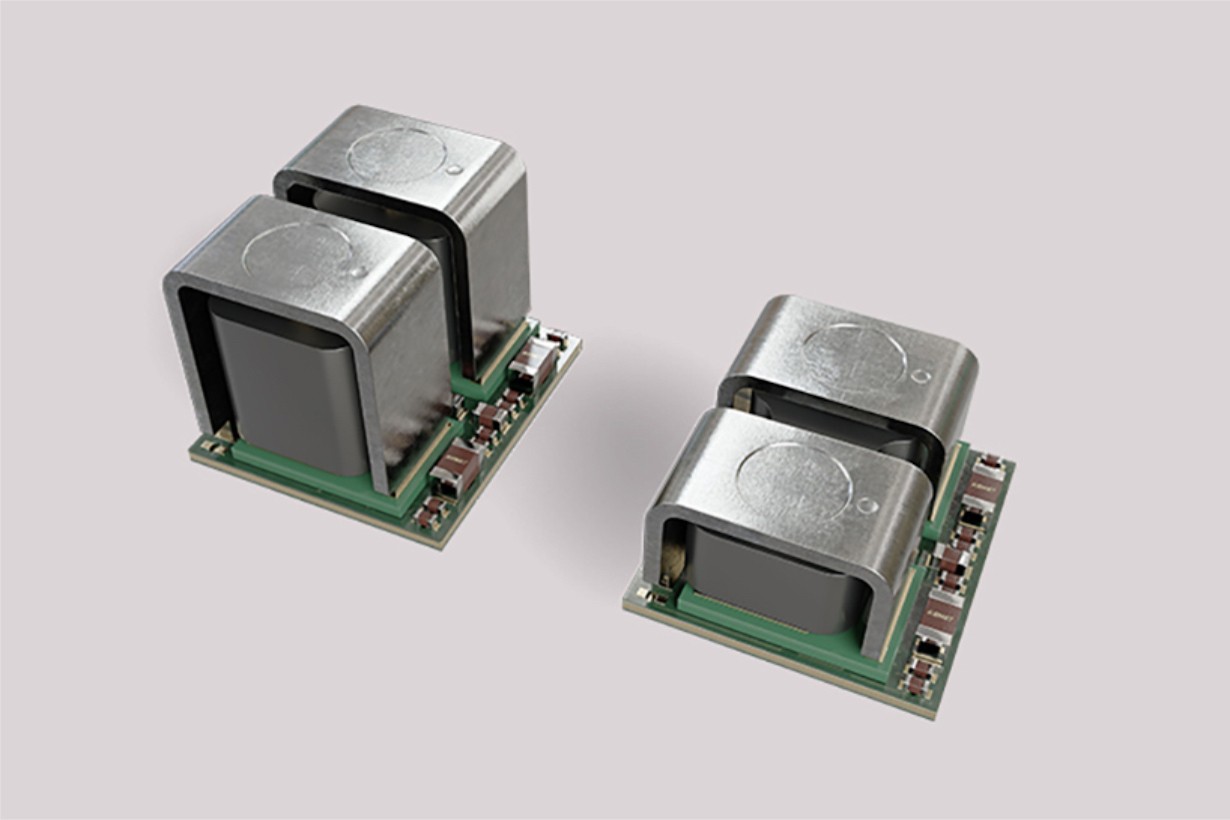While there are a number of clever new technologies being developed that can help with this issue, Infineon Technologies has one of the smallest solutions which could potentially save tech giants a not inconsiderable amount of money.
The new TDM2254xD dual-phase power modules utilize Infineon’s OptiMOS MOSFETs, innovative packaging, and a unique magnetic structure to deliver improved electrical and thermal performance.
Significant energy savings
The modules’ optimized inductor design reportedly results in highly efficient heat transfer from the power stage to the heat sink. With a small footprint and the ability to support peak currents of up to 160A, the modules increase power density while reducing power delivery losses. Infineon claims this results in a full-load efficiency increase of two percentage points to 89% and a full-load operating temperature that’s 5°C cooler.
By positioning these modules close to the processor, power delivery losses are reduced, making it possible to achieve >2000 A, according to the company.
The TDM2254xD dual-phase power modules work in conjunction with Infineon’s XDP power controller to enable efficient voltage regulation for high-performance computing platforms, leading to potentially significant energy savings.
A typical data center deployment consists of around 100,000 processors. Doing the math, EE News Europe says saving 130W per processor could translate into megawatts of energy saved for a data center, leading to reduced CO2 emissions and millions of dollars saved in operating costs over the system’s lifetime.
“This unique Product-to-System solution combined with our cutting-edge manufacturing lets Infineon deliver solutions with differentiated performance and quality at scale, thereby significantly reducing total cost of ownership for our customers,” said Athar Zaidi, Senior Vice President, Power & Sensor Systems at Infineon Technologies. “We are excited to bring this solution to market; it will accelerate computing performance and will further drive our mission of digitalization and decarbonization.”













